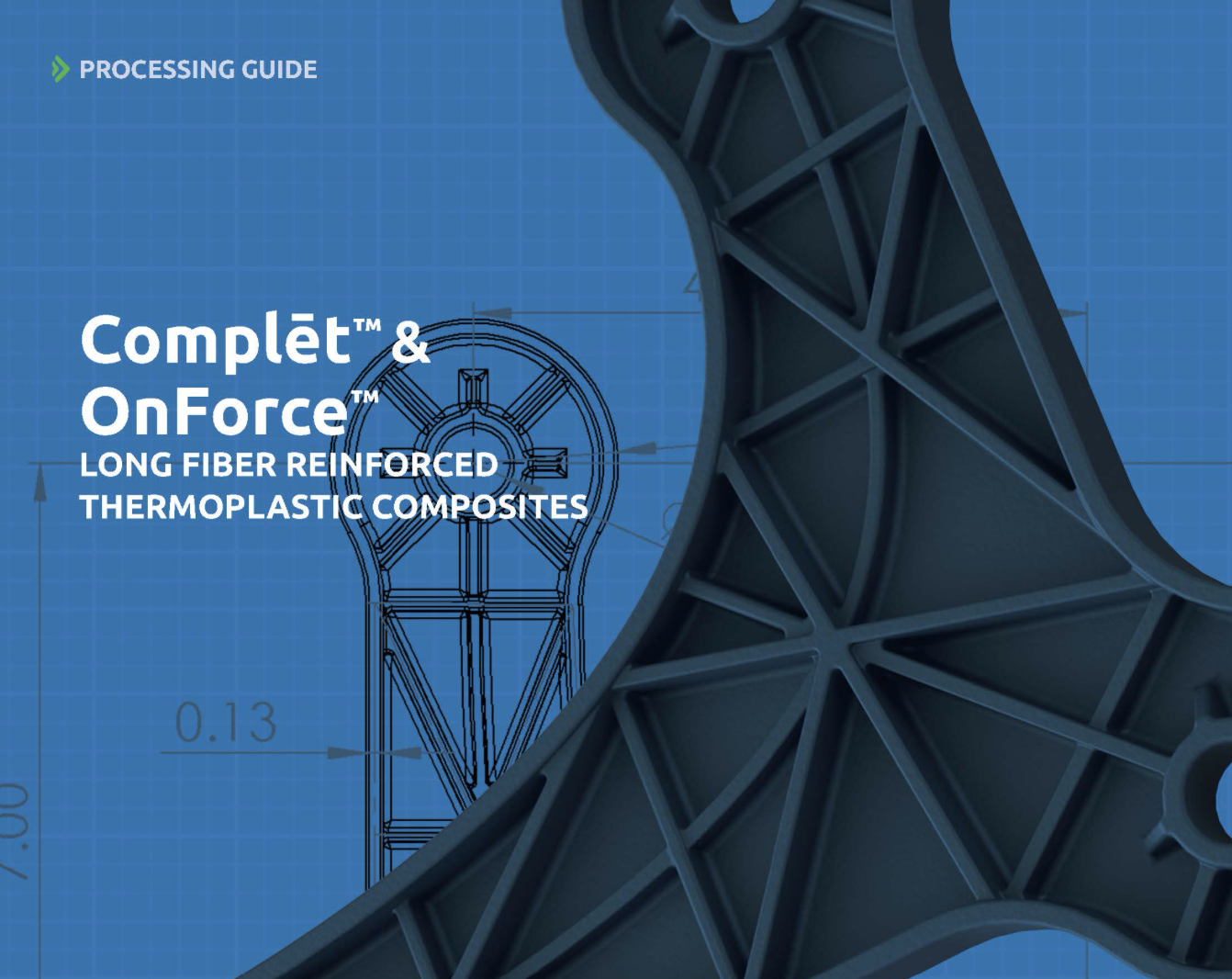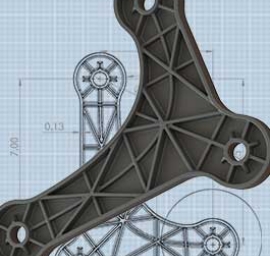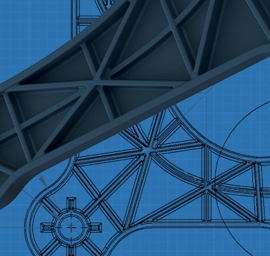Complēt™ and OnForce™ Molding Guidelines and Processing Conditions
Molding Guidelines and Processing Conditions for Complēt™ & OnForce™ Long Fiber Composite Pellets
Avient’s processing guide is a reference tool to support those responsible for setting up and/or operating injection molding machines. High-quality injection molded parts require extensive knowledge of the molding process, excellent trouble-shooting skills, careful attention to startup parameters, and consistent management of the process throughout the entire production run. The structural properties of articles molded with long fiber composites can be degraded by inadequate preparation and/or molding. With good preparation and process management, high quality parts will be achieved and rejects or waste will be reduced. This tool contains guidance on key elements of preparation and the molding process to achieve high quality parts made with Complēt or OnForce materials.
Guide Outline
Material and Machine Preparation
- Material Storage
- Material Handling
- Machine Operation
- Proper Setup
Injection Molding Equipment
- Dryers & Drying
- Temperature, time, dew point setting, minimum and maximum moisture guidelines for Polypropylene (PP), Rigid Thermoplastic Polyurethane (ETPU), Nylon 6 (PA6), Nylon 66 (PA66), Polyketone (PK), Polyphenylene Sulfide (PPS), Polyphthalamide (PPA), Polyetherimide (PEI), Polyethersulfone (PES), and Polyetheretherketone (PEEK)
- Hoppers
- Injection molding equipment
- Screw Design
- Screw and Barrel Material
- Non-Return Valve and Screw Tip
- Nozzle and Nozzle Tip
Tooling Considerations
- Tool Steels
- Sprues and Runners
- Gates
- Venting
Processing
- Processing conditions (screw speed, back pressure, injection phase speed, pack pressure, hold pressure, cool time, cushion / pad)
- Temperature (rear feed zone, center transition zone, front metering zone, nozzle, melt, and mold) guidelines for PP, ETPU, PA6, PA66, PK, PPS, PPA, PEI, PES, and PEEK
- Regrind
- Molding Cycle Interruptions
- Machine Shutdown Process
Troubleshooting
- Incomplete fill or short shots
- Brittleness
- Fibers on surface or uneven surface appearance
- Sink marks
- Flash
- Excessive shrink
- Not enough shrink
- Color streaks
- Burning
- Nozzle drool
- Weld lines or knit lines
- Sticking in mold
Get the complete guide here.


